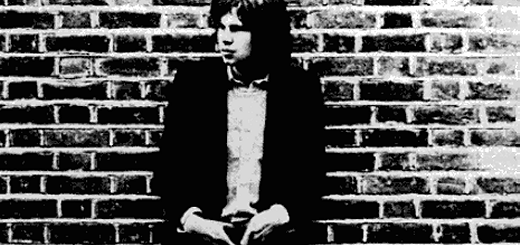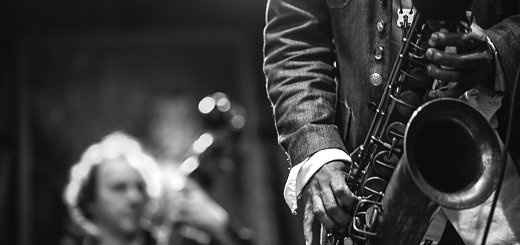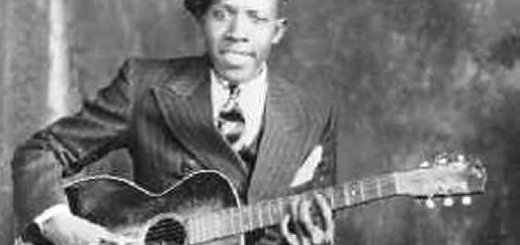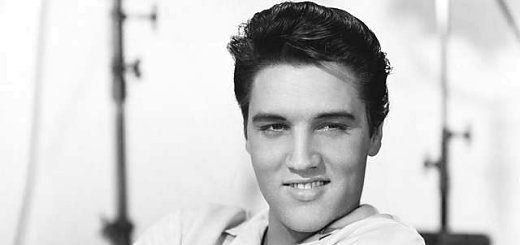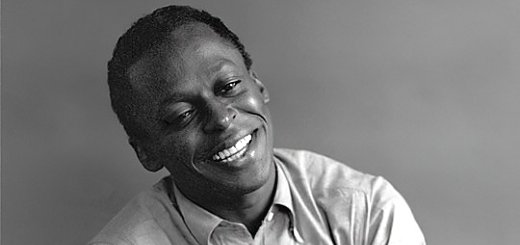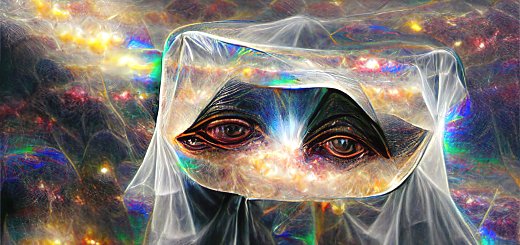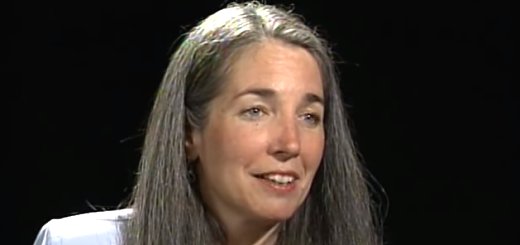"Medieval Córdoba had more influence on global music than any other city in history. A thousand years before New Orleans spurred the rise of jazz, and instigated the Africanization of American music, a similar thing happened in Córdoba, Spain. You could even call that city the prototype for all the decisive musical trends of our modern times" - Ted Gioia proclaims in his latest post, about the culture hub which at the time had the largest population in the West - 450,000 inhabitants (much more than Paris, London, or Roma at the time). “This was the chapter in Europe’s culture when Jews, Christians, and Muslims lived side by side,” asserts Yale professor María Rosa Menocal, “and, despite their intractable differences and enduring hostilities, nourished a complex culture of tolerance.” It is that intersection of cultures that made it so impactful - "It is our single best example of how the West can enter into fruitful cultural dialogue with the outsider—to the benefit of both... The Córdoba Model still has something to teach us today. If we flourished by living together a thousand years ago, why shouldn’t it happen again now? The role model we need isn’t hard to describe—the rules are tolerance, connectivity, interaction, sharing, a welcoming attitude to new peoples and influences".


